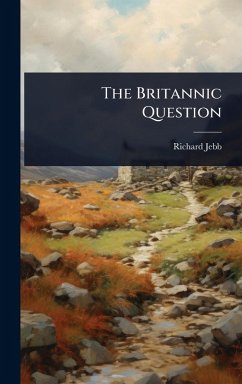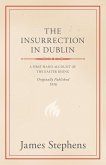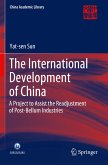âThe Britannic Questionâ delves into the intricate dynamics of the British Empire and its evolving relationship with its self-governing dominions during the early 20th century. Richard Jebb, a keen observer of imperial affairs, examines the challenges and opportunities facing the empire as it navigated a changing world order. He analyzes the aspirations and concerns of the dominions, including Canada, Australia, South Africa, and New Zealand, as they sought greater autonomy while remaining within the imperial framework. Jebb explores the concept of imperial federation and alternative models for maintaining unity and cooperation among the diverse parts of the empire. His work offers valuable insights into the debates and dilemmas surrounding British imperialism, the rise of nationalism, and the quest for a sustainable and equitable relationship between Britain and its overseas territories. This book is essential reading for anyone interested in the history of the British Empire, international relations, and the forces that shaped the modern world. This work has been selected by scholars as being culturally important, and is part of the knowledge base of civilization as we know it. This work was reproduced from the original artifact, and remains as true to the original work as possible. Therefore, you will see the original copyright references, library stamps (as most of these works have been housed in our most important libraries around the world), and other notations in the work. This work is in the public domain in the United States of America, and possibly other nations. Within the United States, you may freely copy and distribute this work, as no entity (individual or corporate) has a copyright on the body of the work. As a reproduction of a historical artifact, this work may contain missing or blurred pages, poor pictures, errant marks, etc. Scholars believe, and we concur, that this work is important enough to be preserved, reproduced, and made generally available to the public. We appreciate your support of the preservation process, and thank you for being an important part of keeping this knowledge alive and relevant.
Bitte wählen Sie Ihr Anliegen aus.
Rechnungen
Retourenschein anfordern
Bestellstatus
Storno








